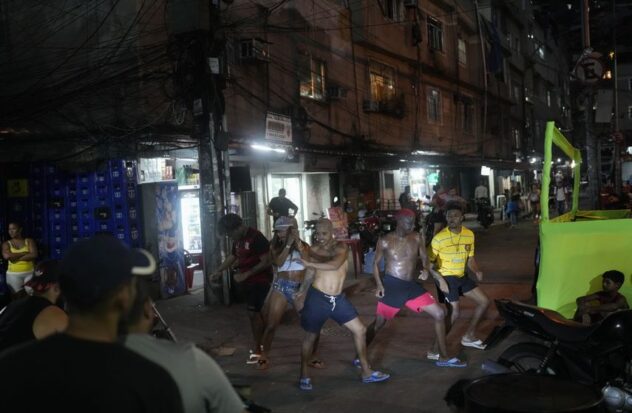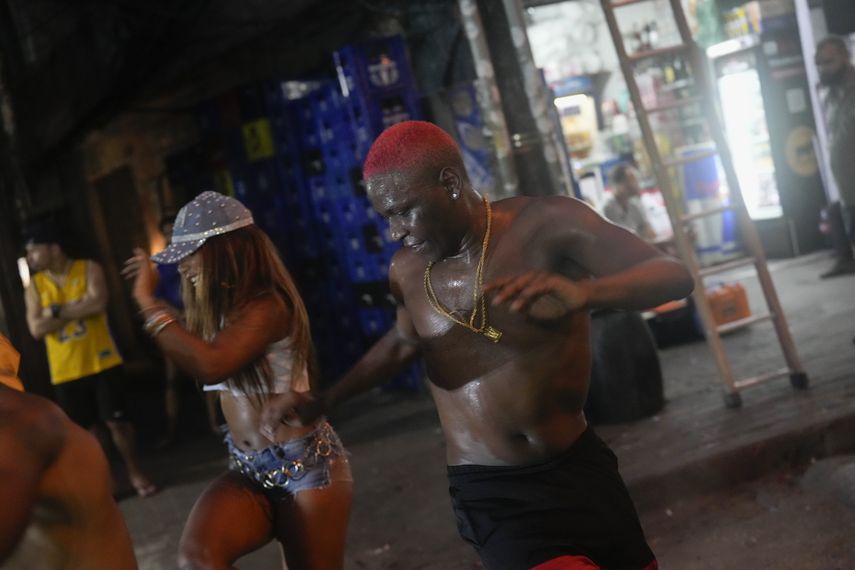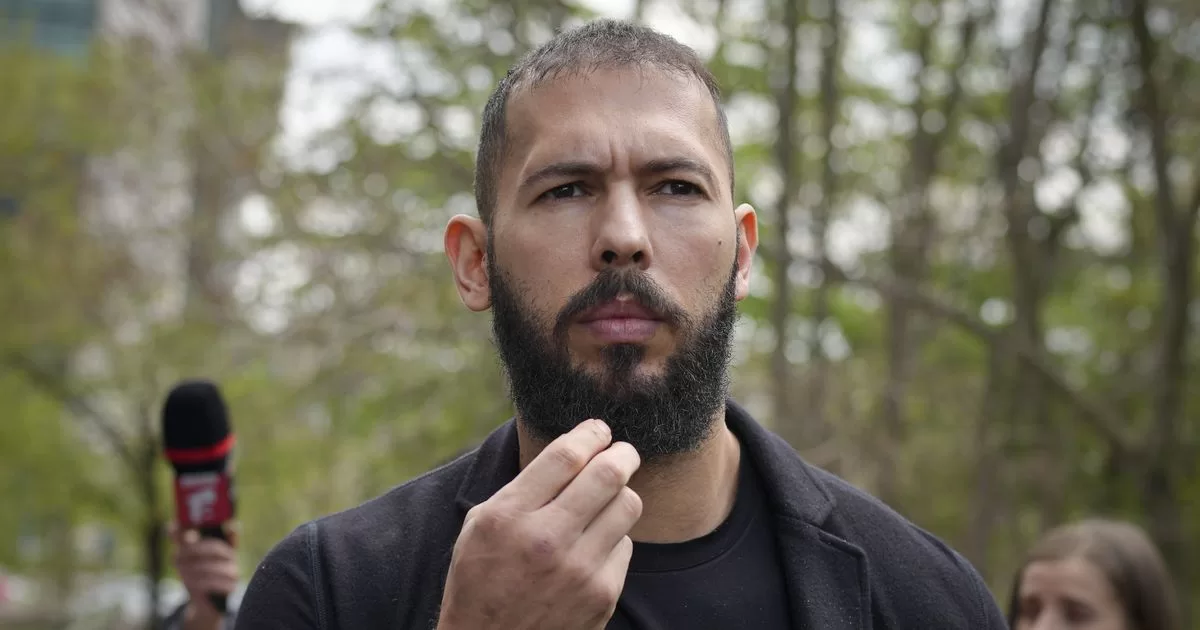RO DE JANEIRO.- It all started with ingenious leg movements, strong steps back and forth, to the rhythm of Brazilian funk music. Then I adopted moves from break dancing, samba, capoeira, frevo, whatever was around. The passinho, a dance style Created in the 2000s by kids from the favelas of Rio de Janeiro, it was declared in March as patrimony intangible cultural heritage by the legislators of the state of Rio, which represents recognition of a cultural expression born in the extensive working class neighborhoods.
The creators of passinho were guys with a lot of flexibility and no joint problems. They began trying out new moves at home and then showing them off at funk parties in their communities and, more importantly, sharing them on the Internet.
In the early days of social media, young people uploaded videos of their latest exploits to Orkut and YouTube, and the style began to spread to other favelas. A competitive scene was born and young people copied and learned from the best dancers, which led them to innovate even more and strive to stay at the top.
lifestyle too
The passinho in my life is the basis of everything I have, said the dancer and choreographer Walcir de Oliveira, 23, in an interview. It’s where I manage to make a living and I can show people my joy and let off steam, you understand? It’s where I feel happy, good.
Brazilian producer Julio Ludemir helped capture this spirit and discover talent by organizing battles of passinho in the early 2010s. At these events, young people took turns showing their steps before a jury that selected the winners.
The Out of Doors festival, at New York’s Lincoln Center, hosted one such duel in 2014, giving American audiences a taste of the vigorous steps. The passinho crossed the borders of the favelas and disconnected from the funk parties that are often associated with crime. The dancers began appearing on mainstream television and gained center stage during the opening ceremony of the 2016 Rio Olympics.
Ludemir describes the style as an expression of Brazilian anthropophagy, the modernist concept of cannibalizing elements from other cultures to produce something new.
Passinho is a dance that absorbs references from all dances. It is a crossroads of cultural influences absorbed by young people from the periphery as they connected with the world through social networks in cyber cafes, he said.
Dancing also became a means for young people to move seamlessly between communities controlled by rival drug gangs. It offered men in the favelas a new way out, outside of falling into a life of crime or the all-too-common dream of becoming a soccer star.
The passinho was declared State heritage by the Legislative Assembly of Rio through a law proposed by state legislator Verónica Lima. It was approved unanimously and sanctioned on March 7. In a statement, Lima said it was important to help decriminalize funk and the artistic expressions of favela youth.
Ludemir indicated that the recognition of this heritage will surely consolidate the first generation of passinho dancers as an inspiration for the youth of the favelas.
Among them is Pablo Henrique Gonalves, a dancer known as Pablinho Fantastico, who won a passinho battle in 2014 and then created a boy group called OZCrias, with four dancers born and raised like him in Rocinha, Rio’s largest favela. . The group makes money performing at festivals, events, theaters and television shows, and they were grateful for the recognition of their heritage.
Another dance group is Passinho Carioca in the Penha favela complex, on the other side of the city. One of its directors, Nayara Costa, said in an interview that she came from a family where everyone was involved in drug trafficking. El passinho saved her from that fate and now she uses it to help young people, in addition to teaching anyone else interested in learning.
Today I teach people who are in their 60s; Passinho is for everyone, said Costa, 23. El passinho, in the same way that changed my life, will continue to change the lives of others.
FUENTE: AP



